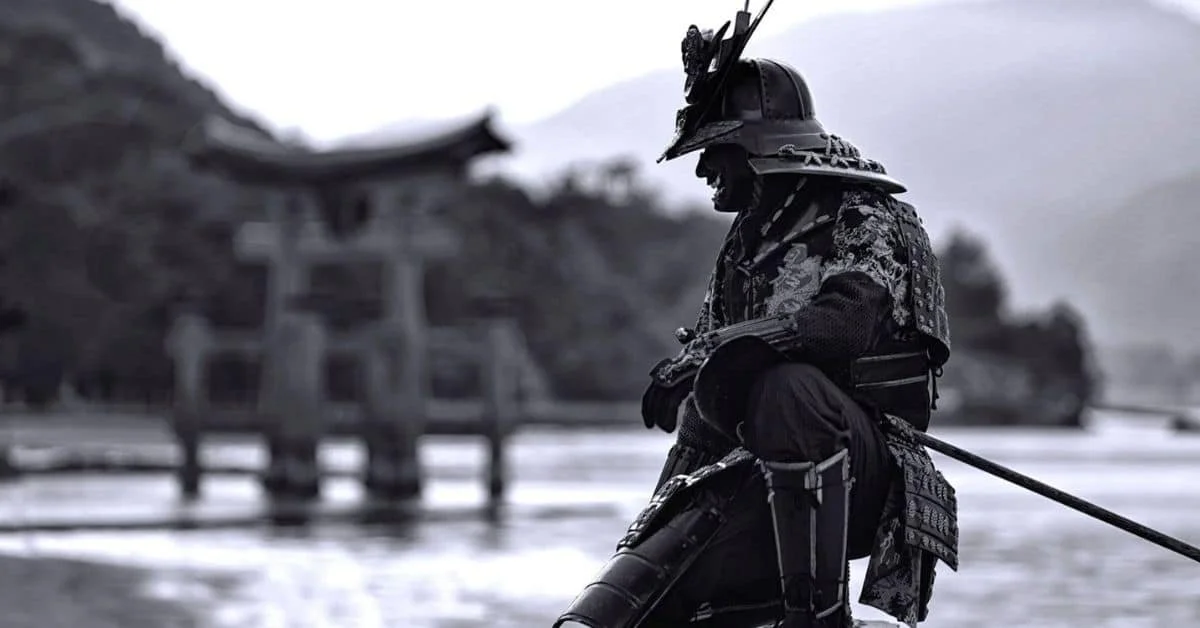Few warrior classes have captivated the world’s imagination like the samurai of Japan. Revered for their skill, loyalty, and discipline, the samurai were more than just swordsmen—they were bound by a powerful moral code called Bushidō (武士道), or “the way of the warrior.” This code shaped not only their conduct in battle, but also their personal lives, political decisions, and spiritual beliefs.
What is Bushidō?
Bushidō is a philosophical and ethical code that guided the samurai class during Japan’s feudal era (roughly 12th to 19th centuries). While not formally codified until later in history, its values were transmitted through teachings, literature, and samurai practice.
Rooted in Shinto, Zen Buddhism, and Confucian ethics, Bushidō emphasized a blend of inner discipline, external duty, and spiritual integrity. It was less a rigid legal code and more a way of living that prioritized honor, loyalty, and self-mastery.
Core Principles of Bushidō
While interpretations varied over time and by clan, several virtues consistently defined the Bushidō ethos:
Gi (義) – Righteousness
A samurai must act with moral integrity and a clear sense of justice, even if it meant personal loss.Yu (勇) – Courage
Not reckless bravery, but the strength to act rightly in the face of fear or adversity.Jin (仁) – Benevolence
True strength is tempered with compassion. A powerful warrior should protect the weak and act with kindness.Rei (礼) – Respect and Courtesy
Politeness reflects self-control and respect for others—even one's enemies.Makoto (誠) – Honesty and Sincerity
A samurai’s word was binding. Deception was dishonorable.Meiyo (名誉) – Honor
Perhaps the most central value. A samurai’s reputation was sacred, and dishonor could only be cleansed through atonement—or even seppuku (ritual suicide).Chūgi (忠義) – Loyalty
Unwavering loyalty to one’s lord, family, or cause was essential. Betrayal was among the gravest of sins.
Bushidō in Action: Shaping the Samurai Life
Bushidō governed nearly every aspect of a samurai’s life:
In Warfare: Samurai were expected to fight with discipline and valor, preferring death over capture or disgrace.
In Politics: Many samurai served as administrators or advisors, applying their ethical code to governance.
In Daily Conduct: Samurai strove to live simply, meditate, practice martial arts, and perfect their character.
In Death: If a samurai failed to uphold honor, seppuku was a ritual form of suicide used to restore dignity through self-sacrifice.
The Legacy of Bushidō
Though the samurai class was officially abolished in the late 19th century during the Meiji Restoration, the spirit of Bushidō persisted:
In military training, Bushidō influenced modern Japanese martial arts like kendo and judo.
In literature and film, it inspired countless works portraying noble warriors bound by principle.
In business culture, the values of loyalty, discipline, and honor became woven into corporate ethos in Japan.
During World War II, Bushidō was controversially reinterpreted to promote militaristic nationalism, distorting its original ethical spirit.
Bushidō Today: A Global Symbol of Discipline and Integrity
In modern times, Bushidō has evolved into a universal symbol of integrity, discipline, and ethical leadership. Its emphasis on self-control, service, and courage resonates far beyond Japan—echoing in everything from martial arts dojos to leadership seminars around the world.







